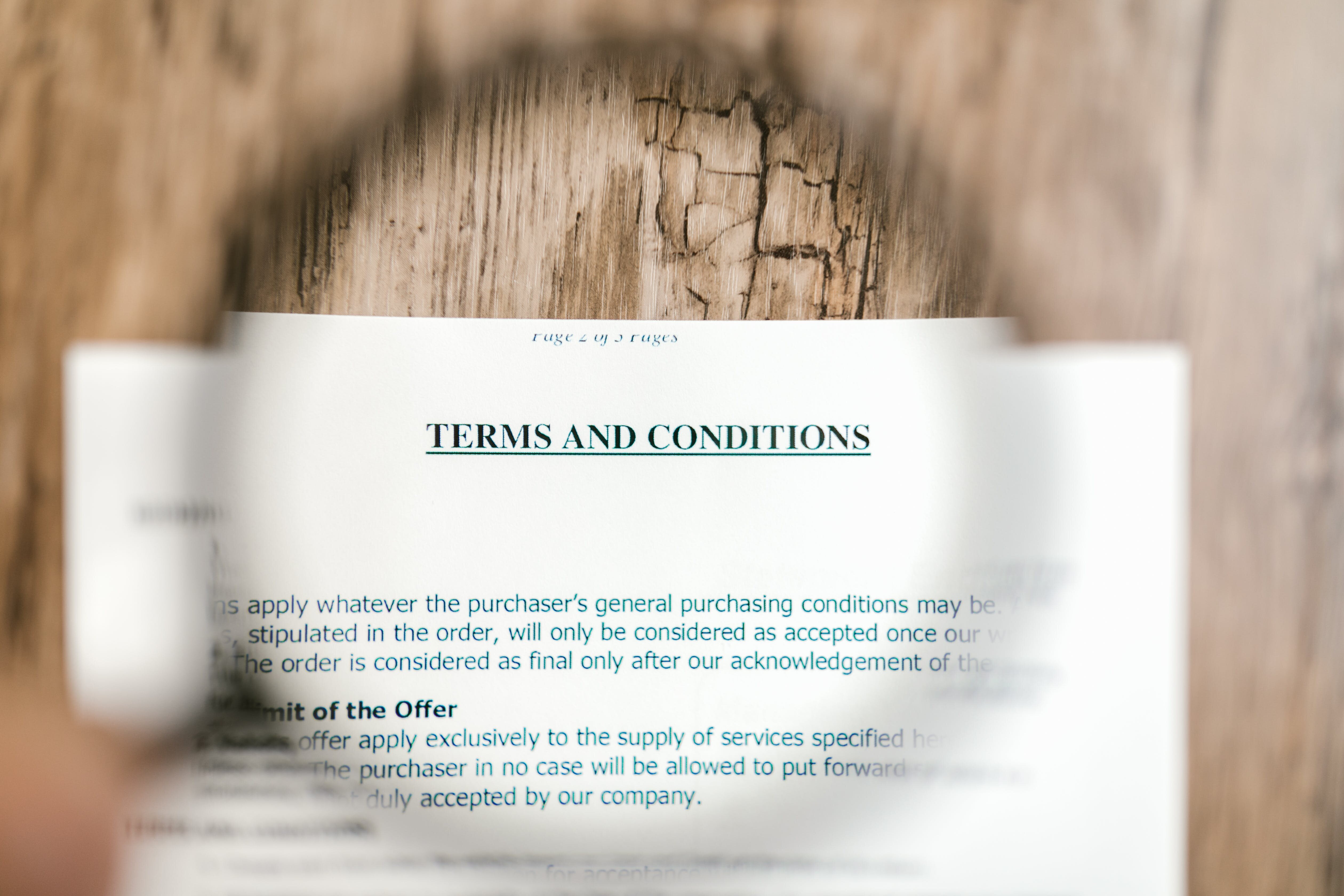
Many times, when a homeowner passes away, one of the most significant parts of their estate is their home. Relatives of the recently deceased homeowner may decide to liquidate the home as soon as they can. However, sometimes, a home holds more than the property value; it holds unforgettable memories of a loved one and cherished time spent there.
Emotionally, relatives may not want to sell the home, even if financially, it’s the best decision. Sometimes, it’s hard to decide what to do with a home after the death of a loved one. One essential question we often encounter is, “If a house is in probate, can it be sold?”
When is a House in Probate?
Probate is the legal process of taking over a recently deceased homeowner’s estate, paying off any remaining debts, and giving assets to the heirs of the deceased or other beneficiaries listed in the will. However, not every home needs to go through probate, as probate assets are in the name of the recently deceased.
If a home is jointly owned with the survivorship still having rights, it doesn’t need to go through probate because, in this case, the surviving homeowner will take over ownership. If a home is currently being held in a trust, a trustee can transfer or sell the home in compliance with trust terms without using probate court.
Many people choose to create a trust to avoid probate court. Another essential planning tool that can be used is a ladybird deed that can prevent a home from going through probate. If you use any listed above, this means that the home can be sold at any time, even if the other remaining assets don’t go through probate.
However, if the deceased’s name is on the deed to the property, the home must go through probate, regardless of whether there’s a will. In this case, the home cannot be sold before probate, and you must take essential steps during probate in order to sell the home.
If a House Is in Probate, Can it Be Sold By an Executor?
When a home needs to go through the probate process, the estate representative needs to go through specific requirements of the court in order to sell the home. Typically, the court appoints a representative to manage the estate. You may already know the representative referred to as the executor of the estate.
The executor of the home has requirements that rely on what kind of probate process must occur. With smaller estates, an unsupervised probate may be allowed, whereas a more extensive estate might require a supervised probate. During a supervised probate, the court has more involvement during the sale process.
With a house in probate, the executor can acquire an attorney to put the property up for sale, but depending on the area the probate is processed, you might need approval from the courts before making it final. With a house in probate, homes are commonly sold “as is” because their relatives are unable to make the needed repairs or update the home before listing it for sale.
However, in some circumstances, you can sell the house in probate to cover the debts of the rest of the estate. Selling a house in probate can usually make the process longer. If you’re unsure if you can sell a house in probate, you can consult a professional probate attorney.
If a House Is In Probate, Can It Be Sold If There’s a Mortgage?
If a house is in probate and you’re trying to sell it, another thing to be aware of is if there’s a remaining mortgage on the home and what kind of mortgage it is. An inherited home with a mortgage can make the sale more challenging.
If the home has a traditional mortgage, with permission from the court, the executor can sell the home, use the proceeds to pay off the mortgage and disburse the rest of the proceeds to beneficiaries of the estate. If the home has a reverse mortgage, this is where the process operates differently.
When having a reverse mortgage, the homeowner stays in the home and is given a monthly amount without needing to make a mortgage payment themself. When the homeowner passes away, a reverse mortgage needs to be fully paid in a short time.
This will typically place the home up for sale. If you receive any proceeds from the sale of the home and more, the reverse mortgage can be disbursed to the beneficiaries.
Some advice we’d like to give is if you are an executor of an estate, you might not know whether the home has a traditional or reverse mortgage. A professional probable attorney can assist you with finding out how much is still owed and what steps come next.
If You’re Dealing with a Probate of a Home, What’s Next?
When it comes to the estate of a deceased relative, and there’s no trust, in addition to state guidelines, probate can be called. During the probate process, the sale of the home can cover the costs.
It’s essential to remember that dealing with the court system always costs something. When the court is involved, fees and other court costs must be dealt with and paid. However, if there isn’t a will, the probate process can be extended. This can lead to expensive executor costs.
According to the American Bar Association, probate and fees will take around six to ten percent of the total estate. This statistic was calculated before any deductions or liens. Once taxes and funeral expenses have been paid, the remaining amount can go to the beneficiaries.
As mentioned, the probate process is never free, so as an executor, if there isn’t a beneficiary, you can sell the home to cover costs. Once the sale is completed, the proceeds can go towards probate and other debts.
Ways to Sell a House in Probate
Here are some various options to use to sell a home in probate.
- Real estate agents (probate) – Using a probate real estate agent who has exceptional experience dealing with probate situations can make selling the home go more smoothly.
- Real estate investors – Some probate properties are purchased by real estate investors, which is often stress-free, as they handle all documents and paperwork and will handle any needed repairs before selling the home.
- FSBO (For sale by owner) – When wanting to manage selling the home on your own, you can list it as for sale by owner. With this option, you are in complete control of the process, but you’ll need to handle everything yourself. Before attempting this option, you should have a thorough understanding of the probate process.
- Cash Buyers – Selling to a cash buyer is an easy way to sell a house in probate fast. Cash buyers will make an offer on a home “as is” without making any repairs.
Are There Issues Involved When Selling a House in Probate?
One of the main issues when selling a home in probate is jurisdiction, which can often lead to a confusing situation. The probate process concerning the home you’re trying to sell is controlled by the state in which the home is located. If your deceased relative had property in another state, you’ll deal with a supported administration.
In simpler terms, whatever jurisdiction the home is located in, the probate process will occur. The court isn’t worried about your current location or where your deceased relative has lived.
The executor of the home can accept offers from a buyer and sell the home while the probate process is still occurring. While this is challenging, it’s another issue involved when selling a home in probate. Therefore, monitoring the sale of the home must ensure you comply with the rules of the state.
Additionally, the terms of the sale must be approved by the probate court.
The Bottom Line
If you’ve recently had a relative pass away and they owned a home, you should consult a professional probate attorney to discuss your current options for selling the home. Selling a home in probate can be a complex process, and with the guidance of an attorney it will ensure the process goes smoothly without making mistakes and risking liability for the executor.
If A House Is In Probate, Can it Be Sold?: FAQ
1. How long does it take to make a probate sale?
Since the probate sale is more challenging than the traditional process, you can expect a longer probate process. Working with a professional probate attorney can help make the probate process smoother and faster.
2. Can an executor sell a home in probate?
In some circumstances, you can sell a home in probate as the executor. Once the executor has full authority, they can move forward with selling a home during probate as long as they follow the rules of the law.
3. How much does probate court cost in California?
In California, probate court costs, in addition to other legal fees, are based on how much the estate is valued at and by a percentage. If you sell a home before the finalization of probate, you can save yourself in expenses.

